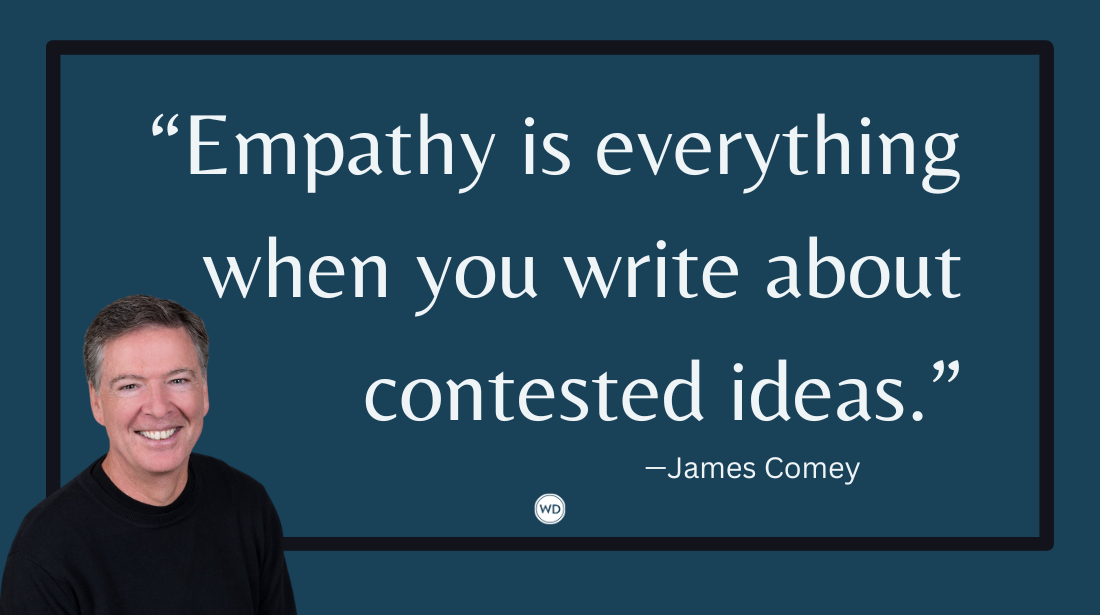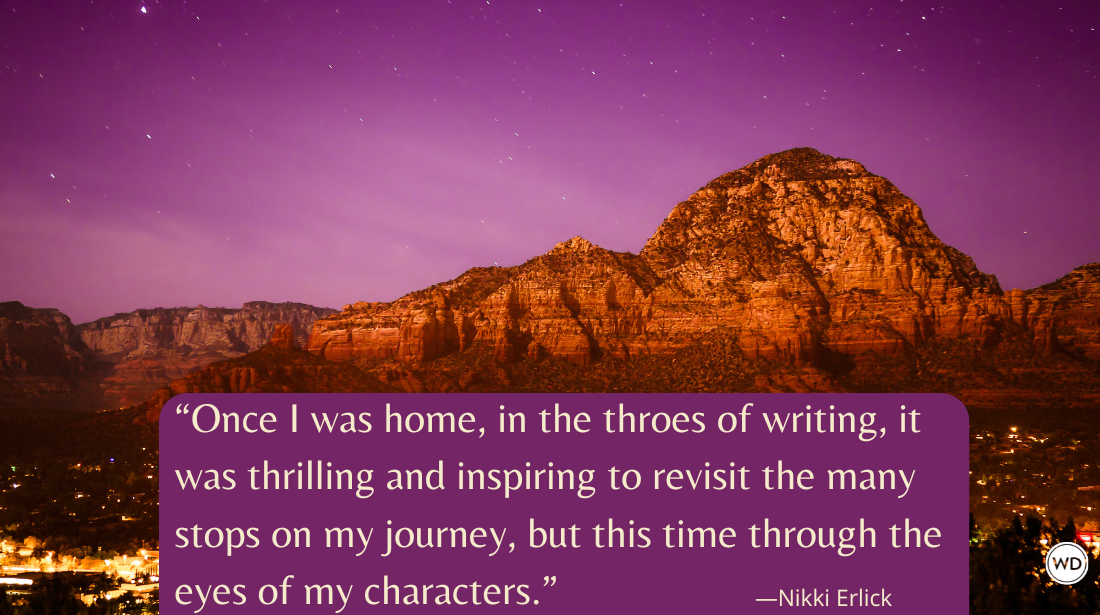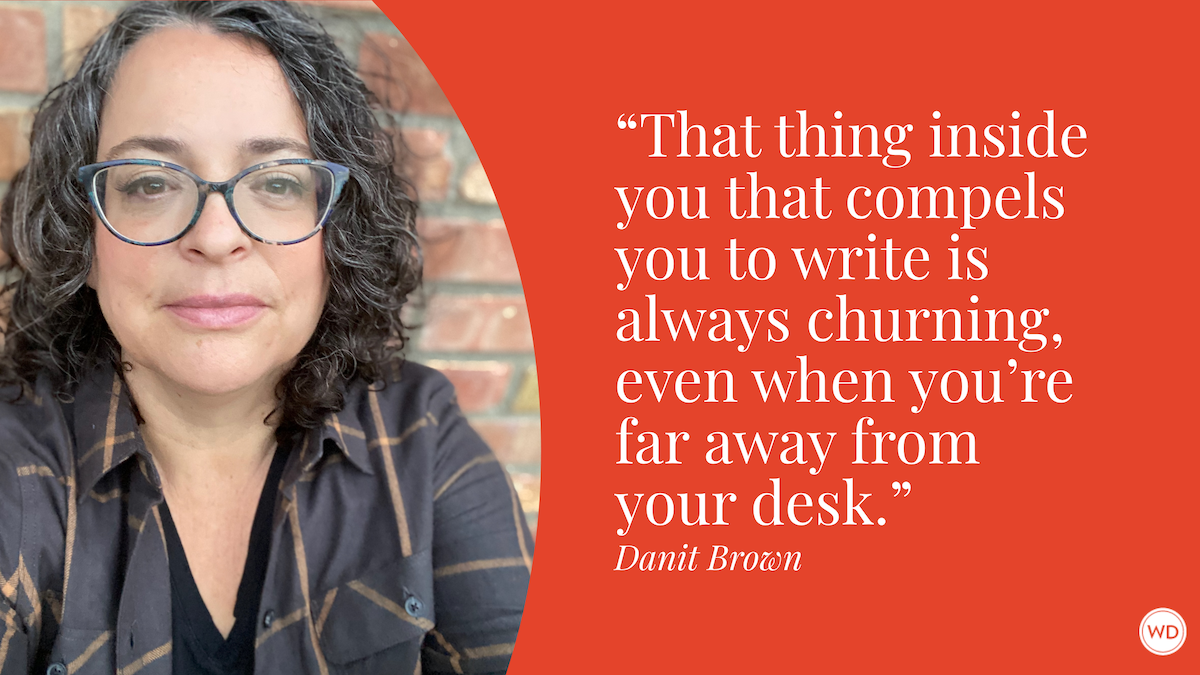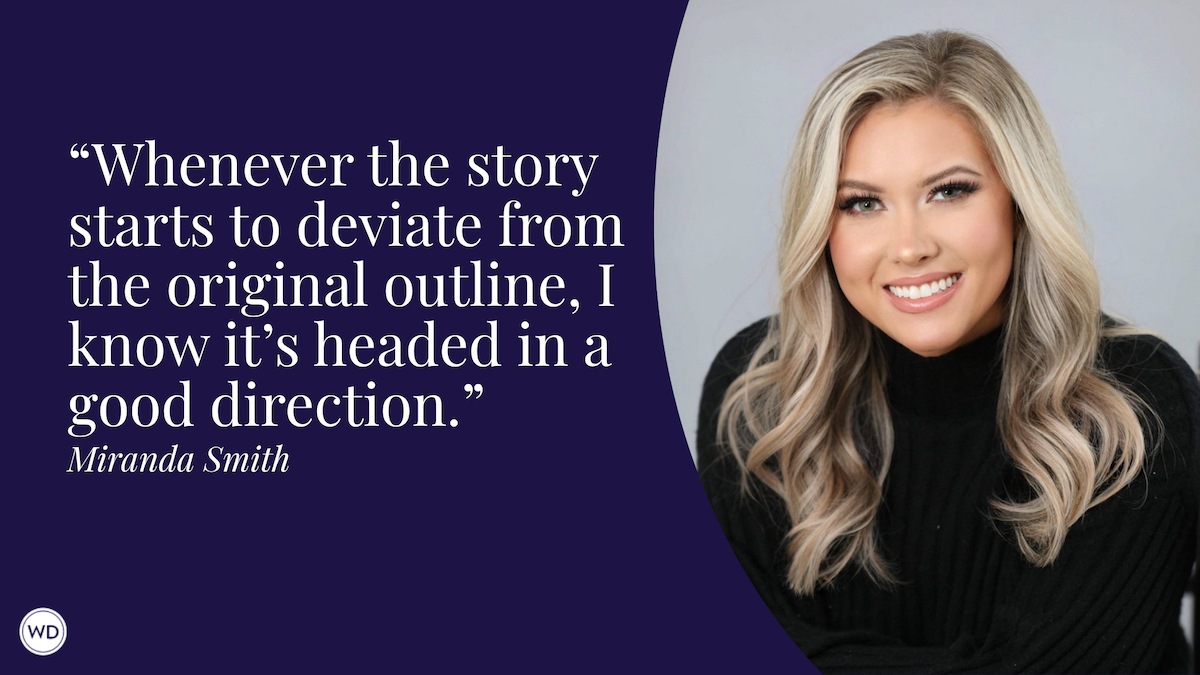Arrr Is for Research: Adventures in Writing a Pirate Novel
Author Rita Chang-Eppig explains how to research and write a novel readers will love, especially if it involves pirates.
Let's be honest, the only socially acceptable reason for an adult to spend two years researching pirates is if said adult is writing a book about pirates. Children are usually allowed their freewheeling obsessions—the son of a family friend spent a year sketching Pokemon from every conceivable angle, and when he finally grew tired of this endeavor, he dumped all his sketchbooks somewhere.
Adults, in contrast, feel a social pressure to be "productive," at least here in the States. Fortunately, my vocation as a writer meant I had an excuse to do a ton of research about Shek Yeung, the legendary pirate queen of China, when I set out to write a novel based on her life.
Order Rita Chang-Eppig's Deep as the Sky, Red as the Sea today.
I started with dissertations. For those who've never written one, a dissertation is a book-length manuscript that PhD students spend years writing while growing more despondent and accruing prescription medications for everything from anxiety to alopecia. This manuscript is then read by a total of four people. If it gets approved, it goes into an archive I've always imagined as a Cerberus-guarded netherworld. If you have access to a university library, you can be the fifth person ever to read these manuscripts and justify for the writers all their acquired illnesses and lost hair.
But the real reason to read dissertations is because someone, somewhere has definitely written one on the exact topic you're researching. To get published, a book needs to prove to a publisher that there is a market for itself. To get into this archive, a dissertation just needs to secure the approval of four academics on a dissertation committee who care far more about scholarship than commercial viability, as evidenced by the fact they’re academics. Want to read about midwifery herbs used in the year 1791? There’s a dissertation for that. What about depression in Asian Americans doing their undergraduate degrees at a public Midwestern university? I'll send you mine.
The dissertations were indispensable in providing me a frame of knowledge. Through them I learned about my novel's geopolitical and historical context, the timing and course of major battles, and specific cultural practices—my favorite might be that Chinese pirate fleets at the time frequently sailed around with a temple boat (often dedicated to Mazu, the sea goddess) so crew members could worship while away from land. This kind of information grounds and clarifies the characters' motivations and stakes, without which the novel would feel, pun intended, adrift.
For example, despite what many people, including my childhood self, believed, most pirates of this region weren't pirating because they liked picking fights. The early 1800s in China was a time of massive wealth inequality. While the emperor idled in his palace, peasants were experiencing one famine after another. One month's worth of rice cost several months' wages. A lot of piracy arose out of desperation, and when people became pirates, they brought their family members on board so that everyone could eat. As a result, there were plenty of women and children in these fleets.
Of course, for a novel to feel like a novel and not a dissertation, it needs sensory details. It needs emotional anchors (pun intended). The second phase of my research focused on experiences, the kind of stuff you can't describe until you've actually done it. This was in the early days of the pandemic, so China's borders were closed, but I was able to spend about a year in Taiwan, where Fujianese maritime culture is still very much alive because of the many immigrants who'd crossed the strait.
I visited temples dedicated to Mazu, where earthy-sweet smoke from incense and paper money veiled the air, where grannies read fortune sticks that made a sound like rushing water when you shook them in their container. In Tainan, I climbed aboard a life-sized replica of a junk ship, the kind of vessel used by Chinese sailors back in the day, peering down cannon barrels, wrapping my arms around the masts, and generally imagining myself as a pirate queen. Shek Yeung must have stood astern under her ship's woven canopy just like this, surveying her empire built from grit and blood.
Ask any writer, and they'll tell you that research is a double-edged sword. On one hand, you don't want to be sending anything out there that smacks of inauthenticity. My best friend, a physicist who worked at CERN, still has not forgiven Dan Brown for describing the particle collider's campus as ivy-covered brick halls when a simple Google image search would've revealed it is in fact a collection of brutalist concrete buildings. (It's fine, we don't need to forgive multimillionaires.) On the other, you can become so paralyzed by the prospect of getting something wrong that you never stop researching and never start drafting. This is even more of a problem when you're fascinated by the information you're finding, or by the research process itself. This third phase of research was the most difficult: not only did I need to stop myself from doing research ad infinitum, I needed to decide what to include or not include in the book.
It took me a while to understand that, ultimately, emotional truths were more important than the high specific historical ones. Readers, unless they wrote their dissertations on Chinese pirating culture of the early 1800s, couldn't care less about the materials of treasure chests. I also learned that if a cool fact wasn't serving a larger purpose, then it didn't belong there. I asked myself: Which of these details would Shek Yeung actually notice in a given situation? Does this bit of information contribute to characterization, setting, or plot in a significant way? (I did, though, stow some geekery away in the novel about various types of weapons against the, ahem, very pointed advice of my editor!)
When I look back on my experience doing research for this novel, I feel privileged. Only writers and other creatives get to immerse ourselves in other worlds for our jobs. And only writers and creatives get to write off these expenses on our taxes. So if you feel daunted by the idea of research, don't. Remember that you are chasing a fervent interest, mix up your research experiences, and keep all of your receipts.
Rita Chang-Eppig received her MFA in fiction from NYU. Her novel about an infamous Chinese pirate queen, Deep as the Sky, Red as the Sea, has been selected as an Indie Next pick for June 2023 and an Indies Introduce pick for Summer/Fall 2023. Her stories have appeared in The Best American Short Stories 2021, McSweeney’s Quarterly Concern, Conjunctions, Clarkesworld, Virginia Quarterly Review, One Story, and elsewhere. She has received fellowships from the Rona Jaffe Foundation, the Vermont Studio Center, the Writers Grotto, the Bread Loaf Writers’ Conference, and the Martha Heasley Cox Center for Steinbeck Studies at San Jose State University.








